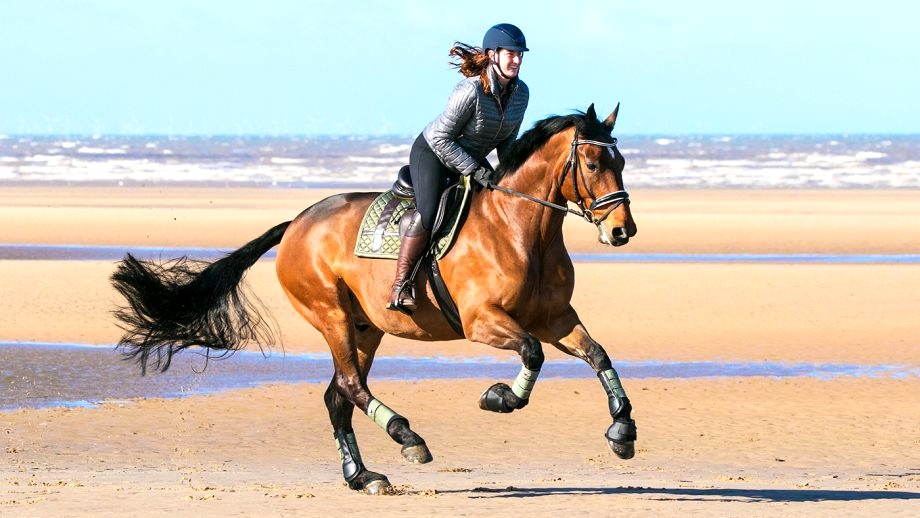Vitamin E is an essential nutrient for horses, and it is important to keep their levels of vitamin E in balance. It is necessary for healthy skin, coat, muscle, nerve, and reproductive health, as well as for strong immune function. But too much vitamin E can be detrimental to a horse’s health. Here, we look at what can happen if a horse has too much vitamin E.
Signs of Vitamin E Toxicity
The first sign that a horse has too much vitamin E is usually increased urination. An excessive amount of vitamin E in the body can lead to a condition called hypervitaminosis E, which is characterized by frequent urination. Other symptoms may include lethargy, poor appetite, muscle weakness, and weight loss. In severe cases, the horse may experience seizures or paralysis.
Effects on the Immune System
Vitamin E is essential for proper immune system functioning, and too much of it can have adverse effects on the immune system. High levels of vitamin E can lead to a condition called immunosuppression, which is characterized by a decrease in the body’s ability to fight off infections. The horse may become more prone to developing illnesses and infections.
Effects on Reproduction
Too much vitamin E can also have an adverse effect on the horse’s reproductive system. High levels of vitamin E can lead to a decrease in sperm production and motility, as well as a decrease in fertility. In pregnant mares, high levels of vitamin E can lead to an increased risk of miscarriage and birth defects.
Risks of Vitamin E Overdose
It is possible for a horse to overdose on vitamin E, and when this happens, the horse’s body is unable to process the vitamin efficiently. This can lead to a toxic buildup of the vitamin, which can be dangerous for the horse. Overdoses of vitamin E can lead to liver damage, kidney damage, and even death.
Treatment for Vitamin E Toxicity
If your horse is exhibiting signs of vitamin E toxicity, it is important to seek veterinary care as soon as possible. The veterinarian will likely recommend a course of treatment that may include reducing the horse’s vitamin E intake, as well as providing supportive care such as fluids and electrolytes. In some cases, the veterinarian may prescribe medication to help reduce the levels of vitamin E in the horse’s body.
Preventing Vitamin E Toxicity
The best way to prevent vitamin E toxicity is to make sure that your horse is getting the right amount of vitamin E. The average horse requires between 10 and 15 IU (international units) of vitamin E per kilogram of body weight per day. If your horse is getting more than this, it is important to reduce their intake. It is also important to make sure that the horse is not given any supplements that contain added vitamin E.
Conclusion
Vitamin E is an essential nutrient for horses, and it is important to make sure their levels are kept in balance. Too much vitamin E can lead to a number of serious health problems, including increased urination, muscle weakness, immunosuppression, and reproductive issues. It is important to seek veterinary care if your horse exhibits any signs of vitamin E toxicity, and to take steps to ensure that your horse is not getting too much vitamin E.

